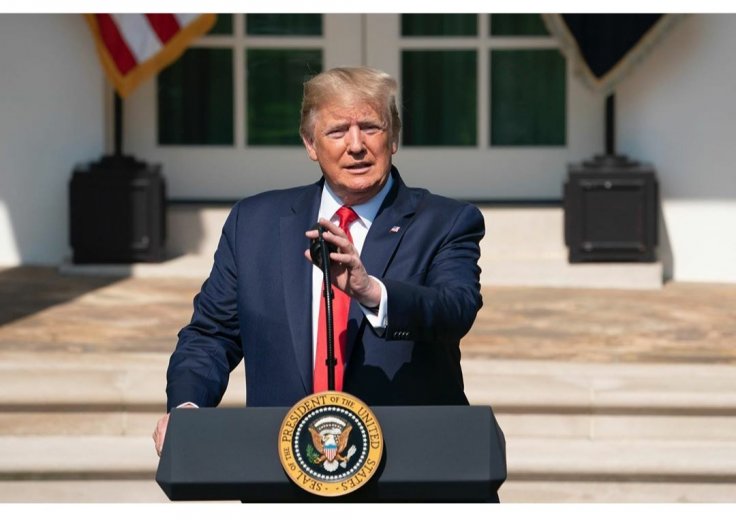The US military assassinated top Iranian military commander and leader of its Quds Force, General Qasem Soleimani, in a drone attack, at Baghdad International Airport, on January 3. The assassination brought both countries at the brink of a major escalation.
The US has justified the act as being carried out for self-defence, in order to avert an 'imminent' attack. New information has emerged, according to which, the US military unsuccessfully attempted to kill another Iranian commander, Abdul Reza Shahlai on the same day on which Soleimani was killed.

What is known about the unsuccessful operation?
The unsuccessful airstrike was carried out in Yemen. Nothing is known about why the operation was unsuccessful. Officials who spoke on condition of anonymity said that both Soleimani and Shahlai, who were leading commanders of Iran's Islamic Revolutionary Guards Corp (IRGC), were on approved military targeting lists, Associated Press reported.
Last month, the US State Department had offered a reward of $15 million for information leading to the disruption of IRGC finances, including Shahlai, a key financier in the organization. According to the State Department, Shahlai "has a long history of targeting Americans and US allies globally," and planned multiple assassinations of coalition forces in Iraq. It also accused him of plotting to assassinate the Saudi ambassador to USA, in 2011 and providing material support to Shia militias active in middle-east and beyond.
Pentagon issued a statement on the unsuccessful operation. "We have seen the report of a January 2 airstrike in Yemen, which is long-understood as a safe space for terrorists and other adversaries to the United States. The Department of Defense does not discuss alleged operations in the region," said Navy Cdr Rebecca Rebarich, a Pentagon spokeswoman.
A larger plan to weaken Iranian military's leadership
After killing Soleimani, USA held that he was plotting 'imminent' attacks on Americans and American interests. On Thursday, in an interview with Fox News, US Secretary of State Mike Pompeo admitted that he did not know precisely when and where Iran was going to carry out the attack. "There is no doubt that there were a series of imminent attacks being planned by [Qasem Soleimani]", he said. "We don't know precisely when, and we don't know precisely where, but it was real", he further added.
When asked about the imminent attacks, US President Donald Trump said in an interview with Fox News, "We will tell you that probably it was going to be the embassy in Baghdad". Asked further, he said, "I can reveal that I believe it probably would've been four embassies".
The new information about the unsuccessful airstrike, to kill another Iranian commander, reflects that rather than an imminent attack, crippling IRGC's top leadership might be the reason for taking down General Qasem Soleimani.








